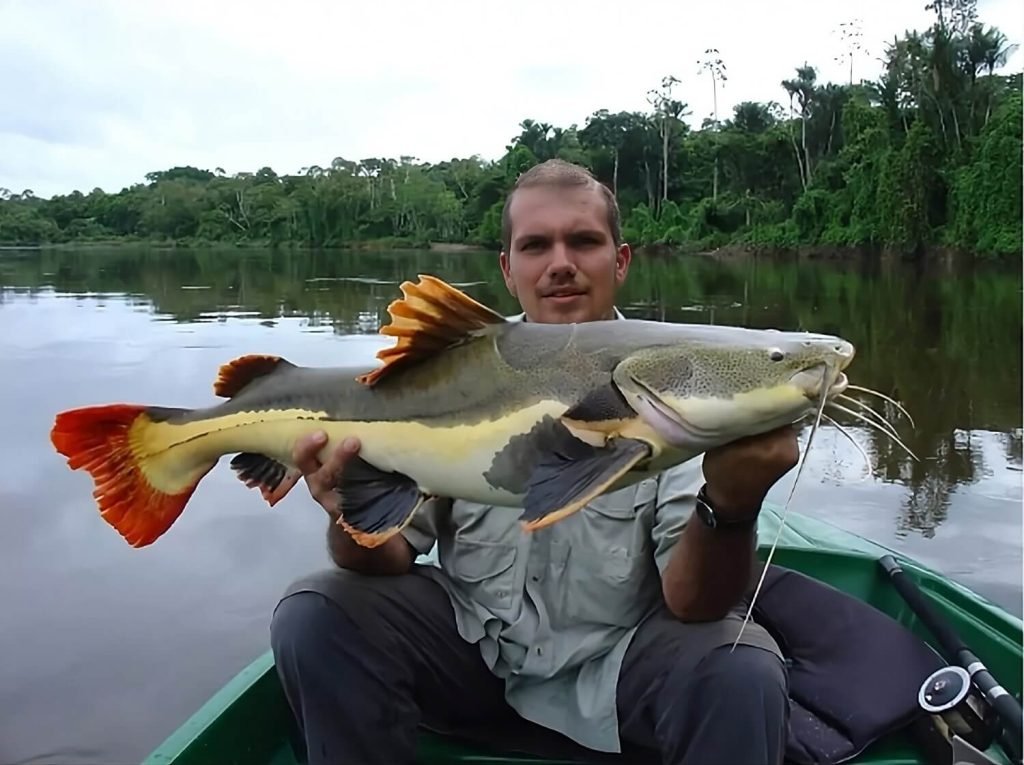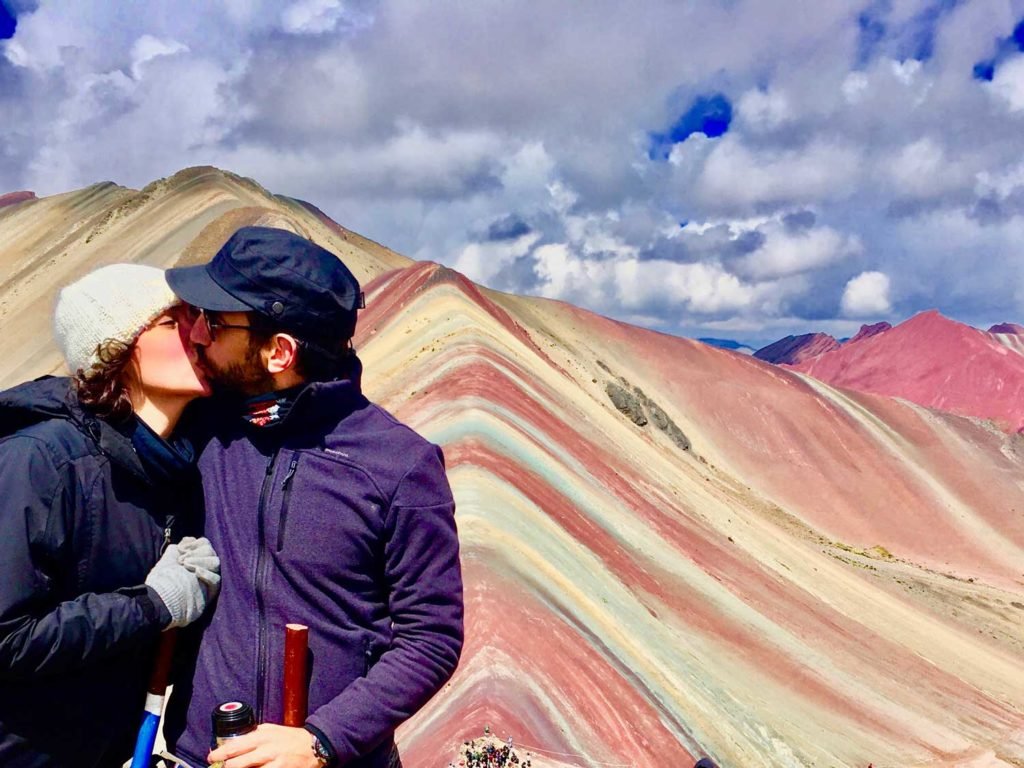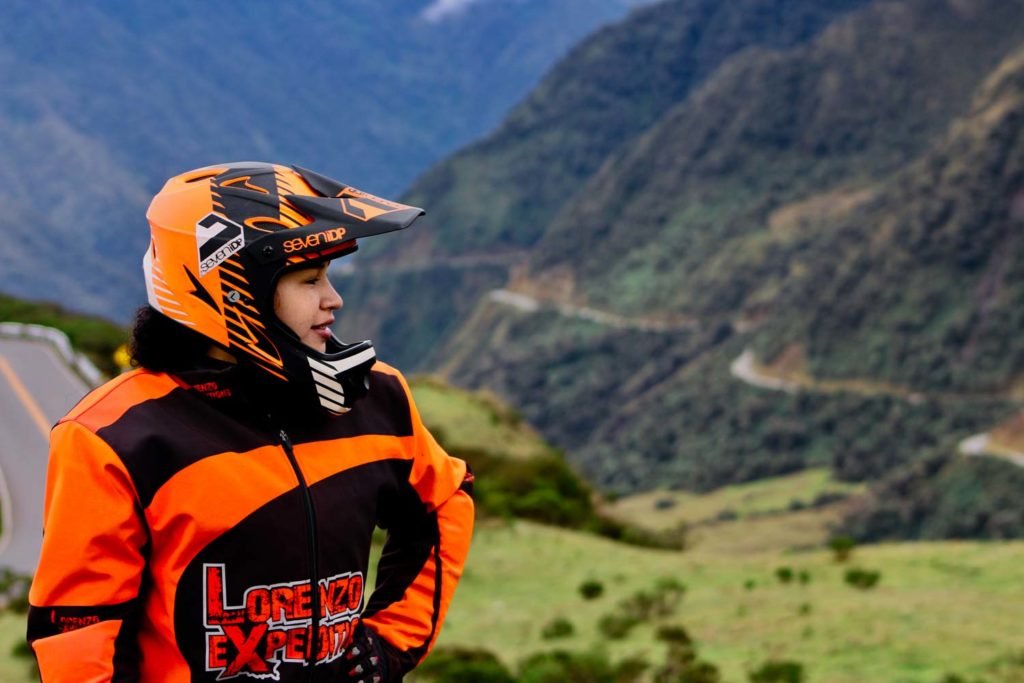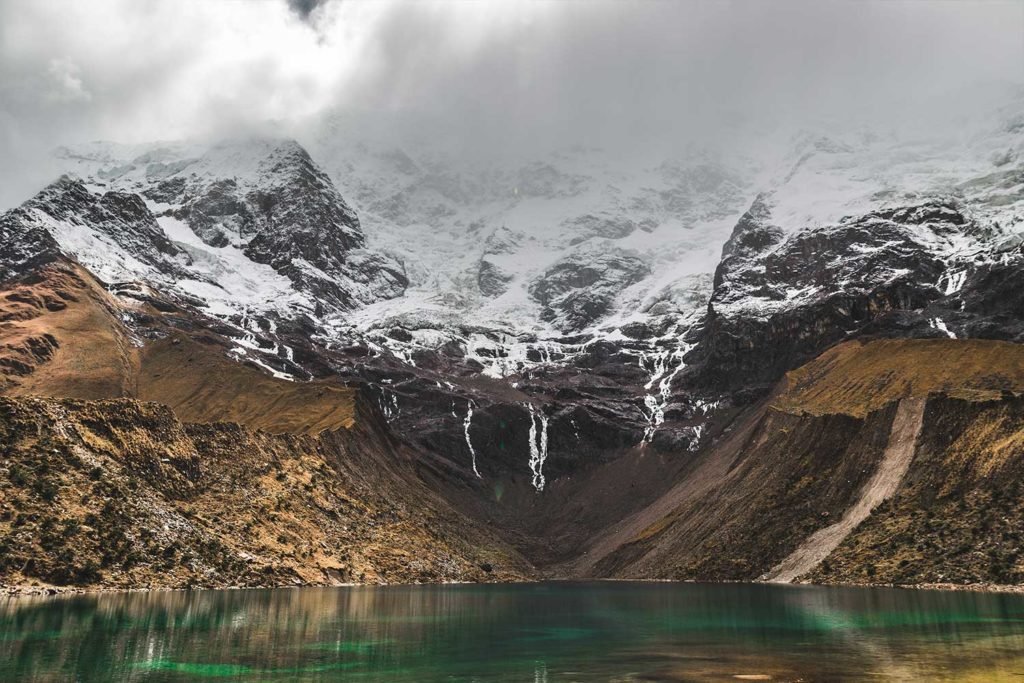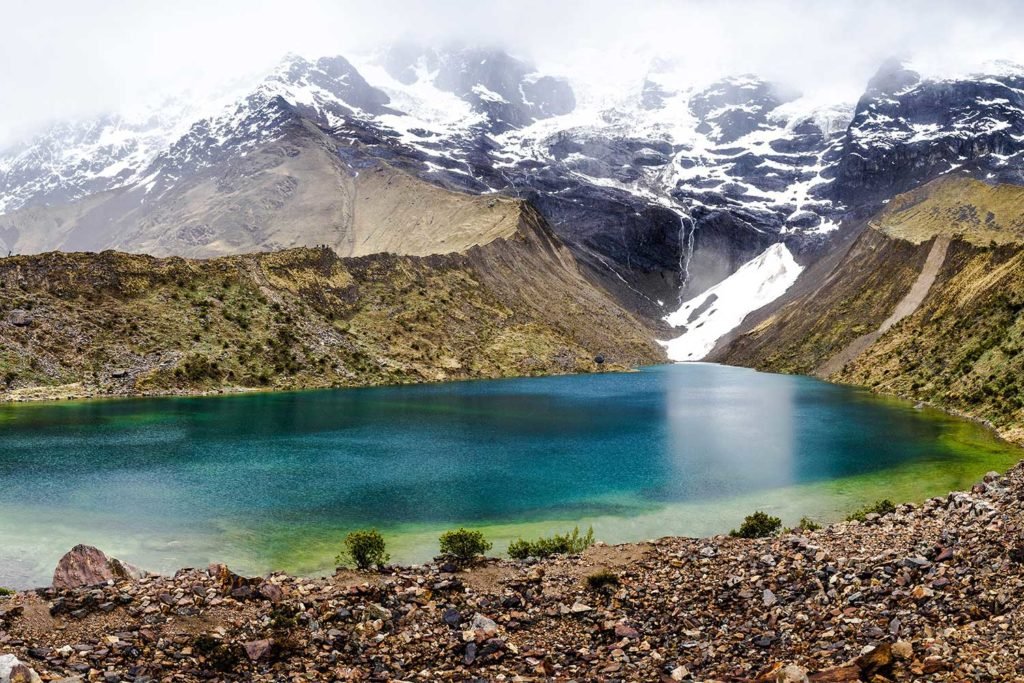Which rivers in Brazil are used for sport fishing?
Sport fishing is a popular activity in Brazil, a country known for its rich aquatic biodiversity and numerous favorable rivers. Sport fishermen have the opportunity to explore a wide range of aquatic ecosystems, which are home to a great diversity of sport fish species.
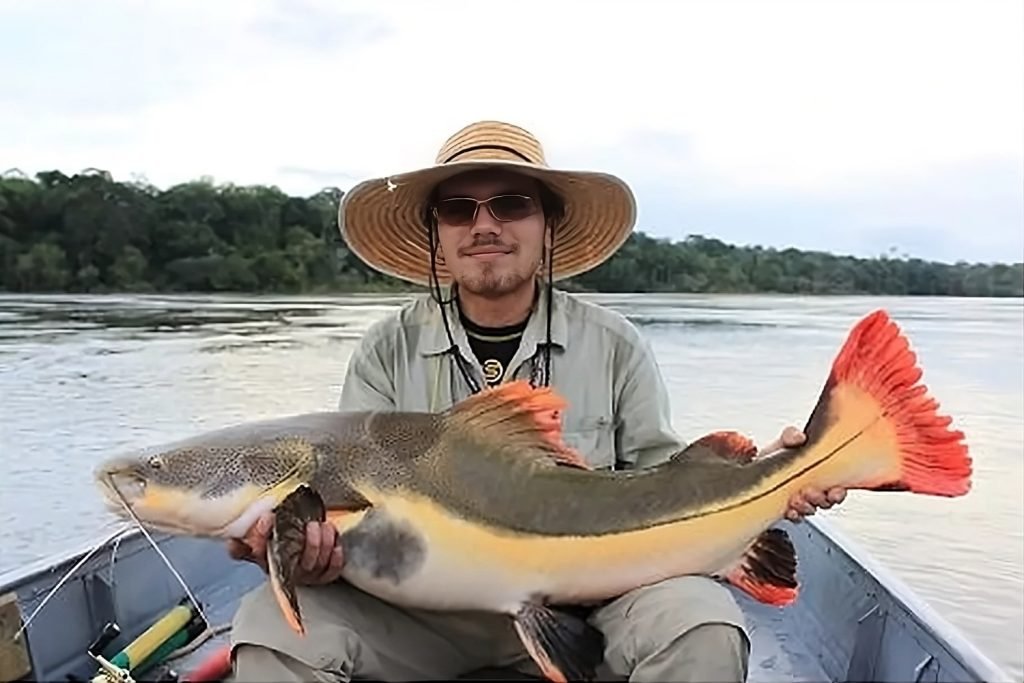
Some of the main rivers in Brazil where sport fishing is practiced are:
1. Amazon River:
- The Amazon River is the largest river in the world by volume of water and is home to an impressive number of fish species. In the Amazon region, sport fishermen can catch tucunaré, Brazil’s most popular sport fishing fish, as well as trairão, aruanã, açu and many other species.
2. Negro River:
- The Negro River is one of the main tributaries of the Amazon River and is known for its dark waters. It is a popular destination for sport fishing of species such as tucunaré, pirarara, pirarucu, besides offering a unique night fishing experience.
3. São Francisco River:
- The São Francisco River is one of the most important rivers in Brazil and offers many opportunities for sport fishing in different stretches along its course. Species such as tucunaré, dourado, surubim and curimatã are found in the region.
4. Paraná River:
- The Paraná River is another important river in Brazil and very appreciated by sport fishermen. Species such as tucunaré, dourado, pacú, piapara and pintado, among others, can be found in the region.
5. Matogrossense Pantanal:
- The Pantanal is one of the largest wetlands in the world and an unmissable sport fishing destination. The region is rich in sport fish species such as pacu, pintado, dourado, piranha, cachara and the famous jaú.
6. Araguaia River:
- The Araguaia River is another popular destination for sport fishing, especially in the middle and lower Araguaia region. There, anglers can find species such as tucunaré, pirarara, piraíba and many others.
These are just a few examples of the many rivers in Brazil where sport fishing is practiced. Each region offers a unique experience, with the opportunity to catch challenging fish in a natural and diverse environment. It is important to emphasize that sport fishing must be done in a conscious and sustainable manner, respecting the fishing and conservation rules established by the environmental authorities, to ensure that these natural riches are preserved for future generations of fishermen.
In which reservoirs can you fish in Brazil?
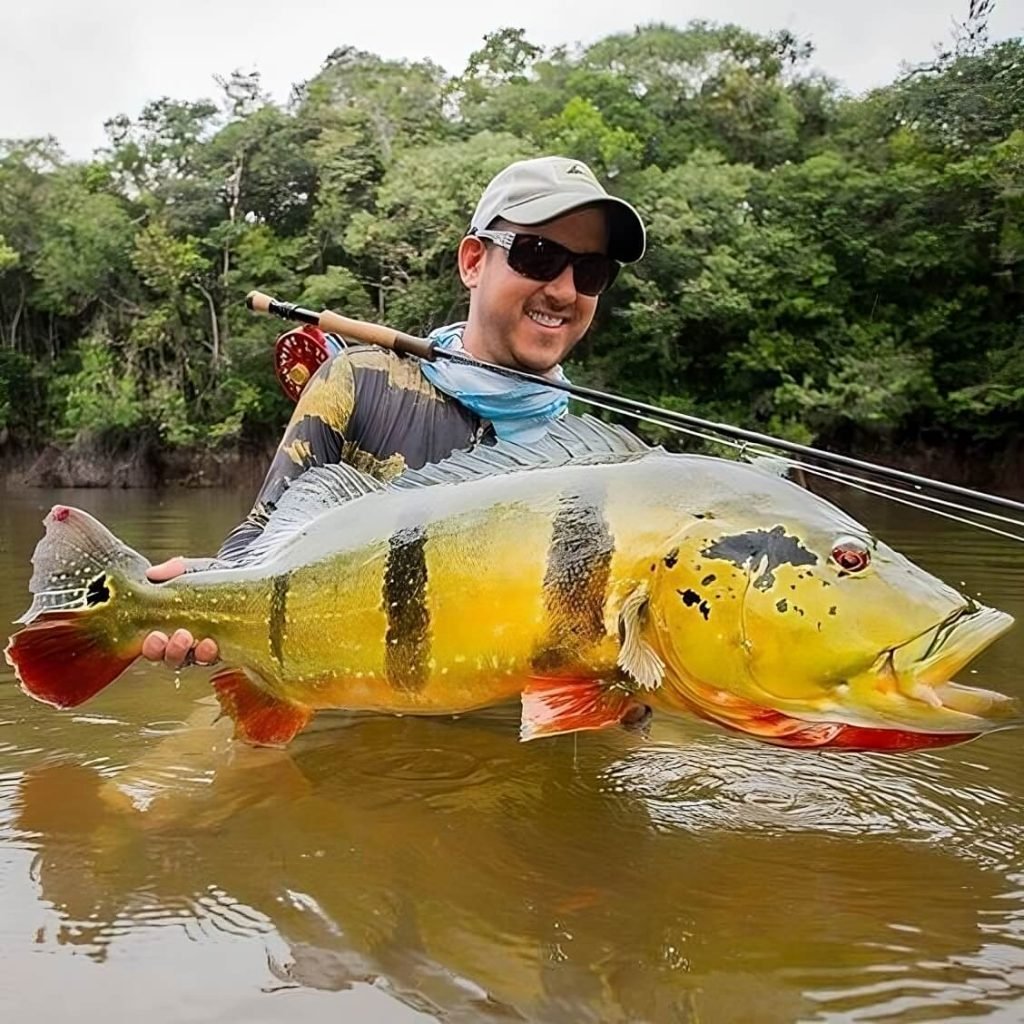
Fishing in reservoirs is a popular activity in Brazil, and the country has several dams that offer excellent opportunities for sport fishermen. Fishing in reservoirs offers anglers the possibility of catching different species of fish, in addition to enjoying the tranquility and beauty of the aquatic environment.
Some of the main reservoirs where fishing is allowed in Brazil are:
1. Três Marias Dam, Minas Gerais:
- Located on the São Francisco River, the Três Marias Dam is known for being an ideal place to fish for species such as tucunaré, dourado, surubim, pacu and pirapitinga.
2. Furnas Dam, Minas Gerais:
- Also located on the Rio Grande, the Furnas Dam is a popular destination for tucunaré fishing, besides offering other species such as dorado, pacu and surubi.
3. Ilha Solteira Dam, São Paulo:
- Located on the Paraná River, the Ilha Solteira Dam is famous for fishing large specimens of tucunaré, in addition to other species such as dorado, pacu and guinea fowl.
4. Itaipu Dam, Parana:
- On the border between Brazil and Paraguay, the Itaipu Dam is famous for fishing big dorado and surubi, as well as other species such as pacu, barbado and cachara.
5. Jupiá Dam, São Paulo:
- Also located on the Paraná River, the Jupiá Dam is famous for fishing dorado, tucunarés, pacus and pintados.
6. Xingó Dam, Alagoas and Sergipe:
- Located on the São Francisco River, the Xingó Dam is known for fishing tucunaré, surubim, piau and tilapia, among other species.
It is important to remember that the rules and regulations for fishing in reservoirs may vary in each state and municipality, and it is essential to respect local fishing laws to ensure the sustainability of species and the preservation of aquatic environments. In addition, it is important to respect minimum catch sizes, closed seasons and avoid fishing for endangered species.
Fishing in reservoirs gives recreational anglers the opportunity to enjoy nature and the pleasure of fishing. It also contributes to the conservation of Brazil’s natural resources and aquatic biodiversity.
Pantanal fishing season 2024
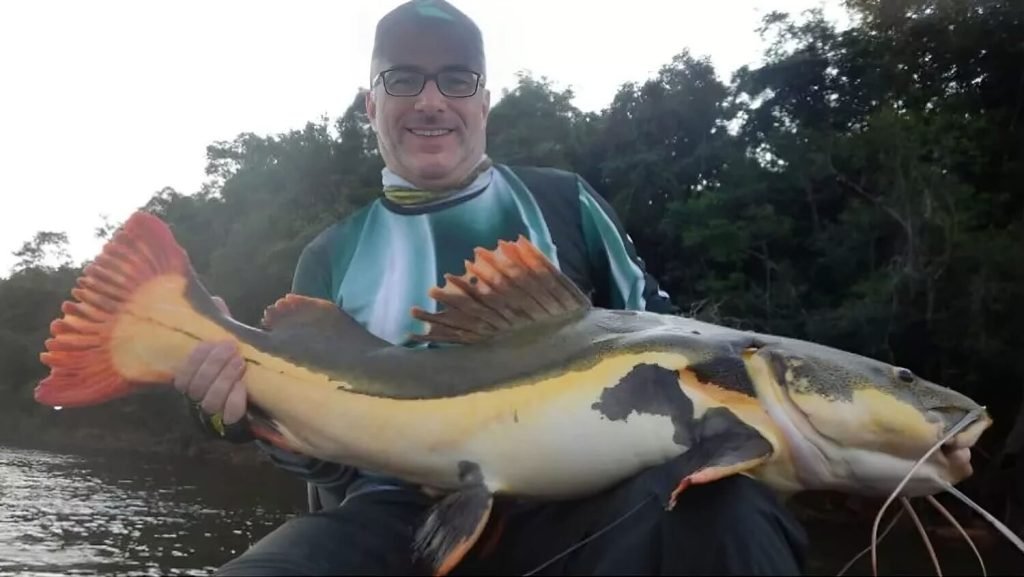
The 2024 fishing season in the Pantanal promises to be another exciting experience for sport fishing enthusiasts. The Pantanal is one of the most coveted destinations for anglers and is known as a true paradise of biodiversity and adventure. The Pantanal, with its extensive wetlands, rivers and lakes, is home to a rich variety of fish species. It provides a unique opportunity to connect with exuberant nature.
The fishing season in the Pantanal usually takes place between March and October, coinciding with the region’s dry season. During this period, the waters recede, creating lagoons and backwaters. This facilitates the concentration of fish in search of food. This concentration of fish intensifies the excitement and productivity, attracting fishermen from all over Brazil and the world to the region.
Pantanal Flagship Species: Challenges and Excitement
- During the Pantanal fishing season, popular species include pacu, pintado, dourado, jaú, cachara, piauçu and piavuçu. Each species in the Pantanal has unique characteristics and challenges. This guarantees unique emotions and adrenaline for anglers during the season.
Anglers planning to participate in the fishing season in the Pantanal should be aware of the fishing rules and regulations. These are established by the environmental authorities to ensure sustainable practices and the preservation of the ecosystem. It is essential to respect minimum catch sizes, closed seasons and other restrictions. This ensures the sustainability of the species and the preservation of the ecosystem in the Pantanal fishing season.
In addition to fishing, the Pantanal season provides an opportunity to get to know the rich local culture. Fishermen can experience the hospitality of the Pantanal inhabitants during their stay in the region. Many fishermen choose to stay in pousadas and hotels in the region. In these places, they have access to experienced guides and can learn about the stories and legends of the Pantanal.
Breathtaking Scenery at its Best
- The Pantanal’s breathtaking landscapes include lush riparian forests, vast wetlands and magnificent sunsets. These elements complete the unique experience of fishing in this region. The observation of birds and other wildlife is a separate attraction during the Pantanal fishing season. This makes the experience complete and unforgettable for fishermen and nature lovers.
Thus, the 2024 Pantanal fishing season promises to be an unmissable opportunity. It offers sport fishermen the chance to explore one of Brazil’s richest and most pristine ecosystems. Fishing in the Pantanal will provide memorable moments thanks to its combination of challenge, fish diversity and natural beauty. This experience underlines the certainty that the conservation of this unique environment is essential for future generations.

